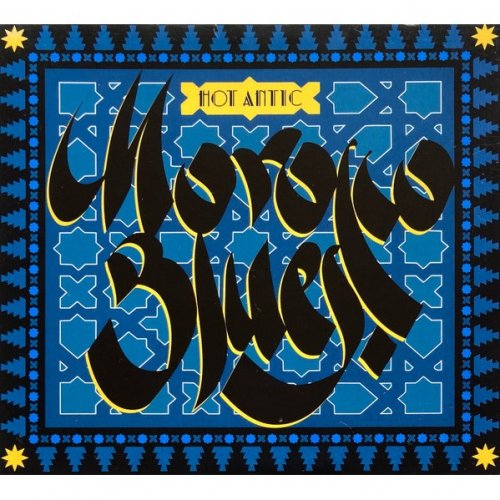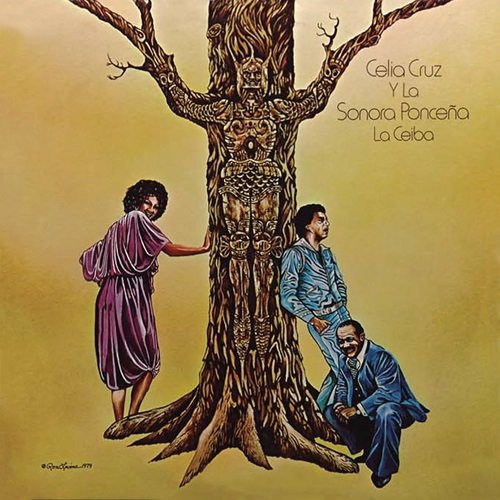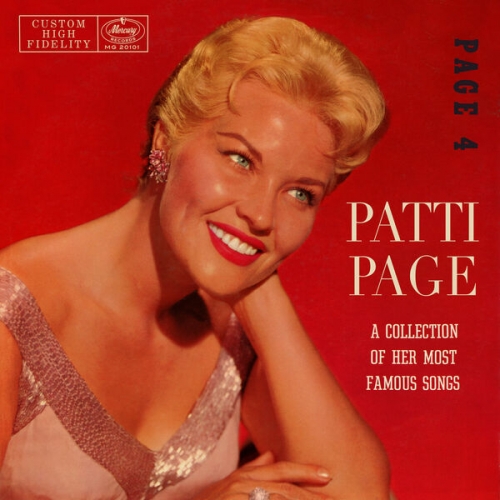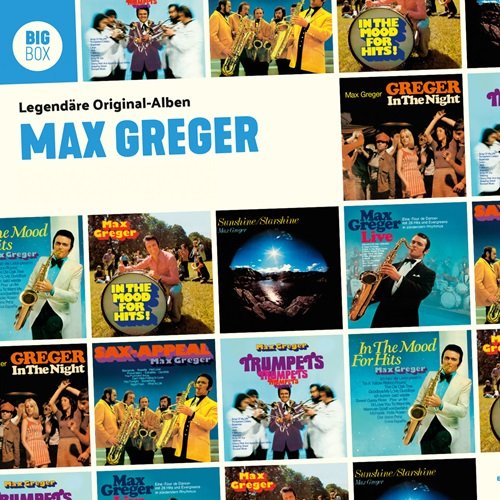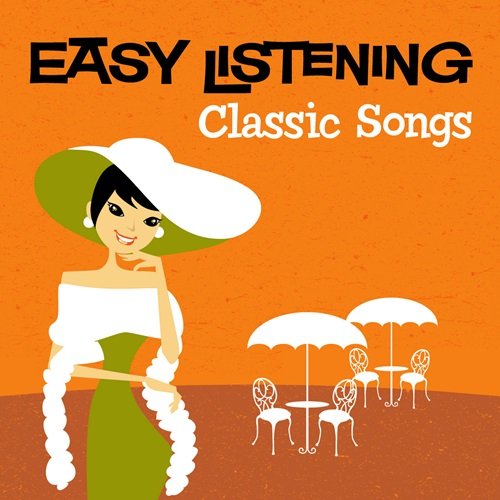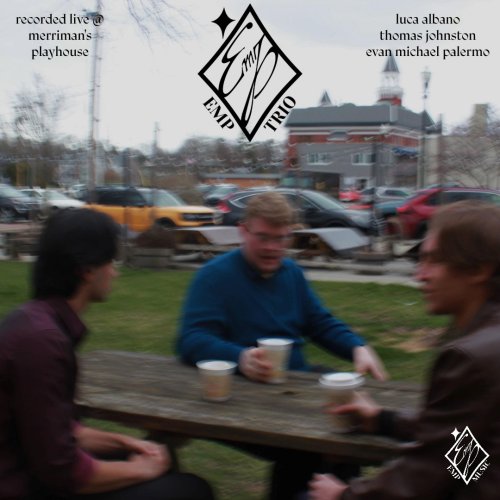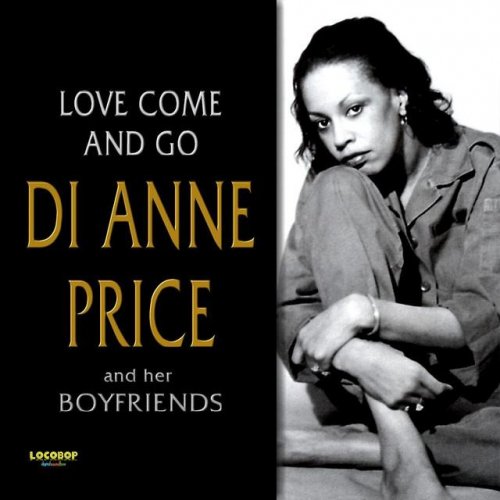Petula Clark - Music - The Pye Anthology: Volume 2 (Remastered) (2000)
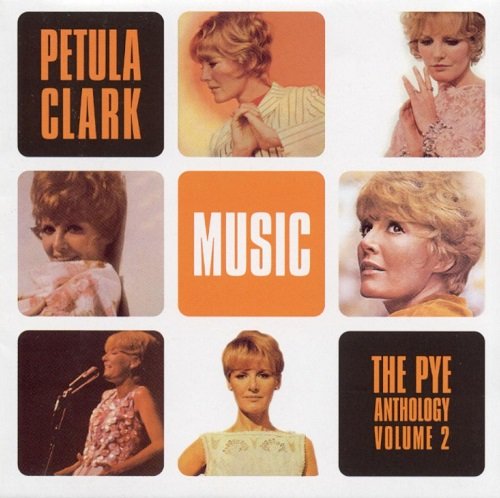
Artist: Petula Clark
Title: Music - The Pye Anthology Volume 2
Year Of Release: 2000
Label: Sequel Records/Castle Music
Genre: Pop, Sunshine Pop
Quality: Mp3 320 / Flac (tracks)
Total Time: 01:10:35 + 01:17:05
Total Size: 381/1006 Mb (scans)
WebSite: Album Preview
Title: Music - The Pye Anthology Volume 2
Year Of Release: 2000
Label: Sequel Records/Castle Music
Genre: Pop, Sunshine Pop
Quality: Mp3 320 / Flac (tracks)
Total Time: 01:10:35 + 01:17:05
Total Size: 381/1006 Mb (scans)
WebSite: Album Preview
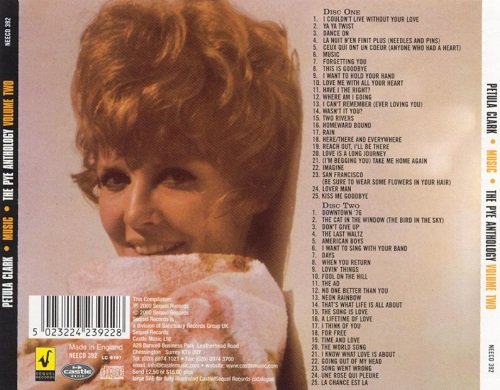
Tracklist:
CD 1:
01. I Couldn't Live Without Your Love
02. Ya Ya Twist
03. Dance On
04. La Nuit N'en Finit Plus (Needles And Pins)
05. Ceux Qui Ont Un Coeur (Anyone Who Had A Heart)
06. Music
07. Forgetting You
08. This Is A Goodbye
09. I Want To Hold Your Hand
10. Love Me With All Your Heart
11. Have I The Right
12. Where Am I Going
13. I Can't Remember (Ever Loving You)
14. Wasn't It You
15. Two Rivers
16. Homeward Bound
17. Rain
18. Here, There And Everywhere
19. Reach Out, I'll Be There
20. Love Is A Long Journey
21. (I'm Begging You) Take Me Home Again
22. Imagine
23. San Francisco (Be Sure To Wear Some Flowers In Your Hair)
24. Lover Man
25. Kiss Me Goodbye
CD 2:
01. Downtown '76
02. The Cat In The Window (The Bird In The Sky)
03. Don't Give Up
04. The Last Waltz
05. American Boys
06. I Wan't To Sing With Your Band
07. Days
08. When You Return
09. Lovin' Things
10. Fool On The Hill
11. The Ad
12. No One Better Than You
13. Neon Rainbow
14. That's What Life Is All About
15. The Song Is Love
16. A Lifetime Of Love
17. I Think Of You
18. For Free
19. Time And Love
20. The World Song
21. I Know What Love Is About
22. Going Out Of My Head
23. Song Went Wrong
24. Une Rose Qui Pleure
25. La Chance Est La
The most commercially successful female singer in British chart history, Petula Clark was born November 15, 1932 in Epsom, England. Trained to sing by her soprano mother, Clark embarked on a stage career at the age of seven; soon she was a fixture on British radio programs, and began hosting her own regular show Pet's Parlour -- a series spotlighting patriotic songs designed to boost the morale of wartime audiences -- at the tender age of 11.
After entertaining British troops alongside fellow child stars Julie Andrews and Anthony Newley, Clark made her film debut with A Medal for the General in 1944. By the dawn of the 1950s she was a superstar throughout the U.K., with a resume of close to two dozen films; 1954's "The Little Shoemaker" was her first Top 20 single, while 1960's "Sailor" was her first chart-topper. Still, Clark struggled with her inability to shed her adolescent image. After selling over a million copies of 1961's "Romeo," she married and relocated to France, establishing a strong fan base there on the strength of hits including "Ya-Ya Twist," "Chariot" and "Monsieur," which spotlighted a new, more sophisticated pop sound anchored by her crystalline vocals.
Riding the wave of the British Invasion, Clark was finally able to penetrate the U.S. market in 1964 with the Grammy-winning "Downtown," the first single by a British woman ever to reach number one on the American pop charts. It was also the first in a series of American Top Ten hits (most written and arranged by Tony Hatch) which also included 1965's "I Know a Place" and 1966's "I Couldn't Live Without Your Love" and the number one smash "My Love." At the same time, she remained a huge star throughout Europe, topping the British charts in 1967 with "This Is My Song," taken from the film A Countess From Hong Kong. In addition to hosting her own BBC series, she also starred in the 1968 NBC television special Petula, which triggered controversy when sponsors requested that a segment with guest Harry Belafonte be cut in deference to Southern affiliates; ultimately, the show aired in its intended form.
As the 1960s drew to a close, Clark's commercial stature slipped, although singles like "Don't Sleep on the Subway," "The Other Man's Grass Is Always Greener" and "Kiss Me Goodbye" still charted on both sides of the Atlantic. In 1968 she revived her film career by starring in Finian's Rainbow, followed a year later by Goodbye, Mr. Chips. In later years Clark focused primarily on international touring, headlining the 1981 London revival of Rodgers and Hammerstein's The Sound of Music; after starring in the 1990 musical Someone Like You, which she also co-wrote, she made her Broadway debut in Blood Brothers in 1993. Additionally, in 1988, an acid-house remix of "Downtown" reached the U.K. Top Ten, another honor for the female singer awarded the most gold records in British pop history.
After entertaining British troops alongside fellow child stars Julie Andrews and Anthony Newley, Clark made her film debut with A Medal for the General in 1944. By the dawn of the 1950s she was a superstar throughout the U.K., with a resume of close to two dozen films; 1954's "The Little Shoemaker" was her first Top 20 single, while 1960's "Sailor" was her first chart-topper. Still, Clark struggled with her inability to shed her adolescent image. After selling over a million copies of 1961's "Romeo," she married and relocated to France, establishing a strong fan base there on the strength of hits including "Ya-Ya Twist," "Chariot" and "Monsieur," which spotlighted a new, more sophisticated pop sound anchored by her crystalline vocals.
Riding the wave of the British Invasion, Clark was finally able to penetrate the U.S. market in 1964 with the Grammy-winning "Downtown," the first single by a British woman ever to reach number one on the American pop charts. It was also the first in a series of American Top Ten hits (most written and arranged by Tony Hatch) which also included 1965's "I Know a Place" and 1966's "I Couldn't Live Without Your Love" and the number one smash "My Love." At the same time, she remained a huge star throughout Europe, topping the British charts in 1967 with "This Is My Song," taken from the film A Countess From Hong Kong. In addition to hosting her own BBC series, she also starred in the 1968 NBC television special Petula, which triggered controversy when sponsors requested that a segment with guest Harry Belafonte be cut in deference to Southern affiliates; ultimately, the show aired in its intended form.
As the 1960s drew to a close, Clark's commercial stature slipped, although singles like "Don't Sleep on the Subway," "The Other Man's Grass Is Always Greener" and "Kiss Me Goodbye" still charted on both sides of the Atlantic. In 1968 she revived her film career by starring in Finian's Rainbow, followed a year later by Goodbye, Mr. Chips. In later years Clark focused primarily on international touring, headlining the 1981 London revival of Rodgers and Hammerstein's The Sound of Music; after starring in the 1990 musical Someone Like You, which she also co-wrote, she made her Broadway debut in Blood Brothers in 1993. Additionally, in 1988, an acid-house remix of "Downtown" reached the U.K. Top Ten, another honor for the female singer awarded the most gold records in British pop history.
![Bert Peck & The Kings Of Dixieland - New Orleans Beat (1974) [Hi-Res] Bert Peck & The Kings Of Dixieland - New Orleans Beat (1974) [Hi-Res]](https://www.dibpic.com/uploads/posts/2026-01/1767794522_0191773011871_600.jpg)

